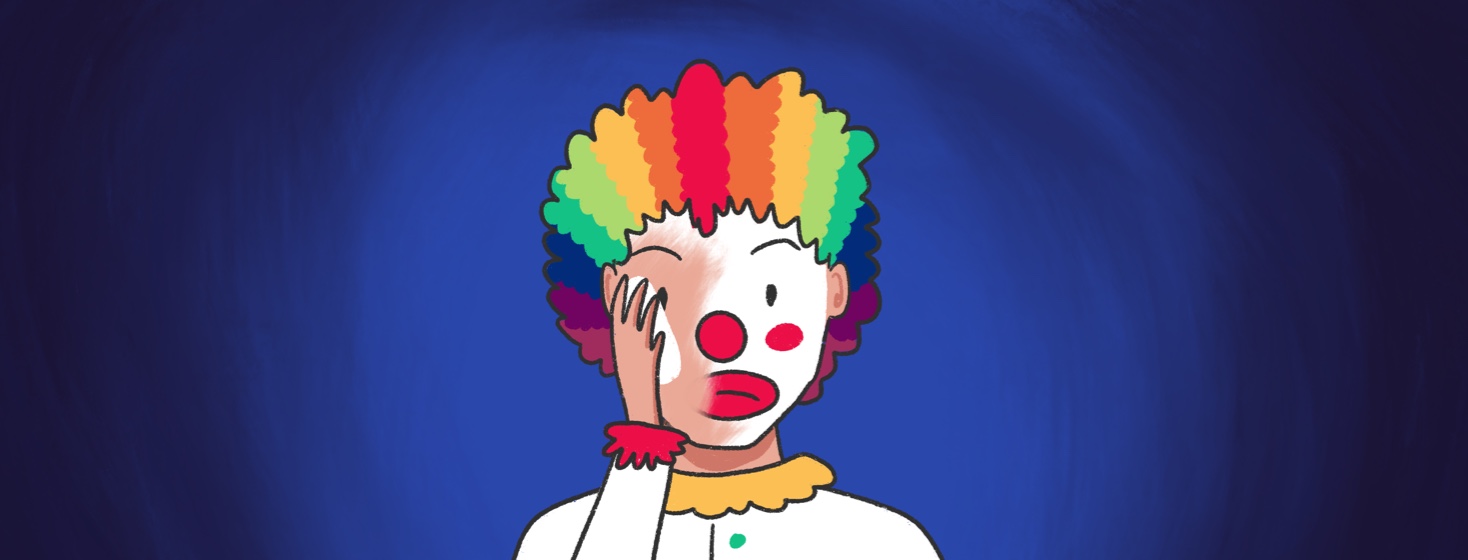When the Laughter Stops
Let's face it, there's not a lot to laugh about with cancer. Actually, there's nothing to laugh about, but for some patients, laughter is intrinsically important.
According to science, laughter truly is the best medicine. To mention only a few of its benefits: laughter boosts moods, improves the immune system, and lessens stress and pain by releasing serotonin and other natural anti-depressants into the body.1
For couples whose relationship is built on the ability to laugh together in the face of life's tests and trials, it can be unbearable when the laughter stops.
Reading the room
When diagnosed with breast cancer in 2017, Lynette's world started to crumble. Assuming the role of caregiver, the one thing I swore to myself was, I would not allow the laughter to stop.
From the day we met, laughter was an important touchstone between us. Coming from a family of vaudeville and radio comics, I guess one of the gifts they left me was a certain humorous bump in my personality. Between my comedian dad having taught me how to read a room and a healthy dose of empathy, I learned to know what Lynette needed, with only a couple of slip-ups.
During her battle with breast cancer, Lynette frequently told people it was my humor that got her through the really tough times. Of course, we gave equal time to tears and, both of us being former entertainers, we lived by the old adage, “the show must go on”.
Red rubber nose syndrome
Besides tending to radiation wound care and post-surgical drains, long hours in numerous waiting rooms and chemotherapy treatment centers, I somehow recognized when we needed to laugh.
Sometimes she needed to vent, using every cuss word in the book. Sometimes she needed a good cry, and sometimes she needed to simply be left alone. Occasionally, it was I who needed to withdraw, which is an important point. Sometimes you have to take off the red rubber nose and work on bolstering yourself.
Of course, we can't force humor. If we do, it's horribly tiresome and can bring about the opposite reaction. We should never try to cheer someone up if that's not what they need. We as caregivers need to remember that we must listen to our loved one, hold them, or give them time with themselves. Sometimes all they need is a gentle nudge, not a dog and pony show.
You need laughter, too
Since Lynette's passing last June, it's been the laughter I miss most. Not much was funny to me for a few months, but it's coming back. Every now and again, some private joke we had comes to me, and that's when I most appreciate what we shared, and reminds me of what a beautiful twenty-one years we had together, tears and laughter, each in their own turn.

Join the conversation